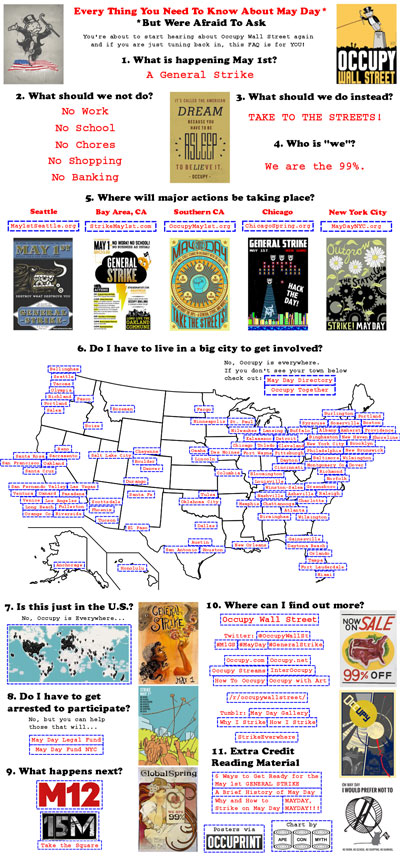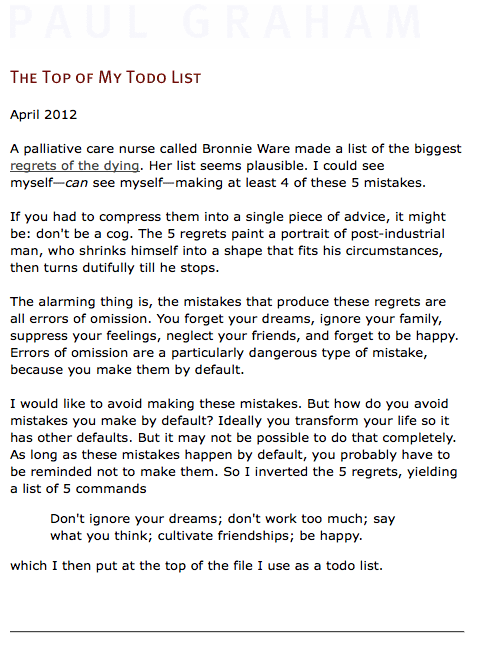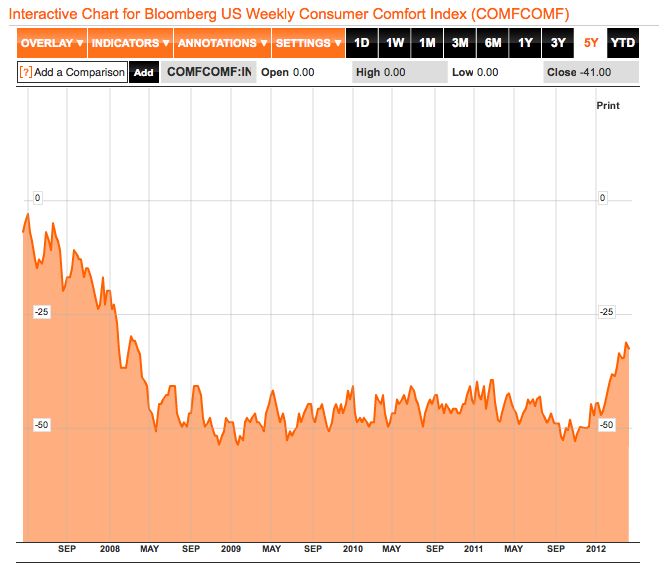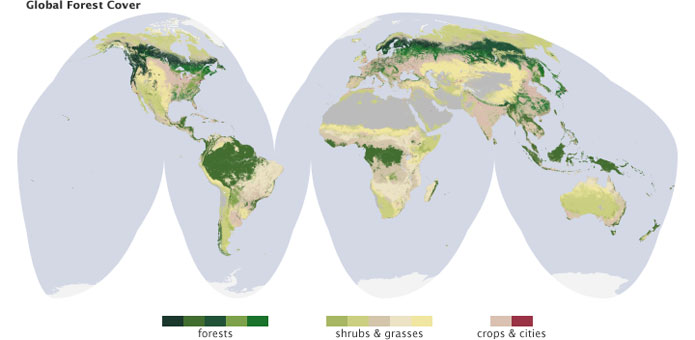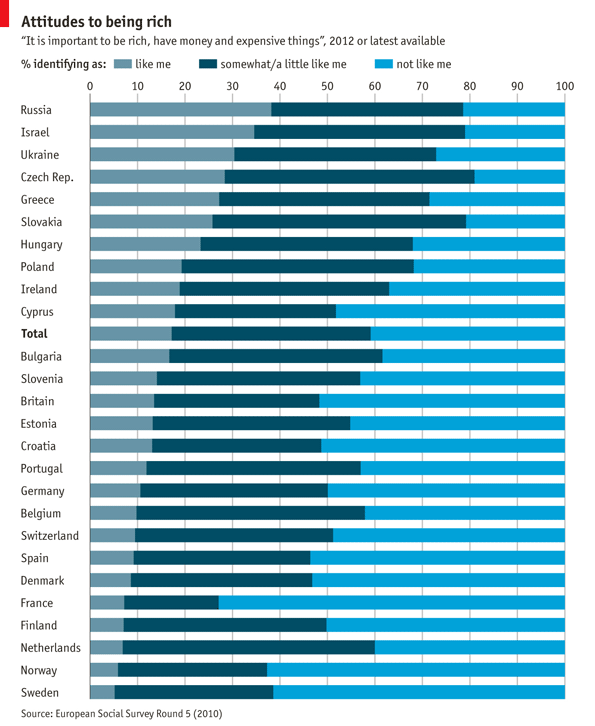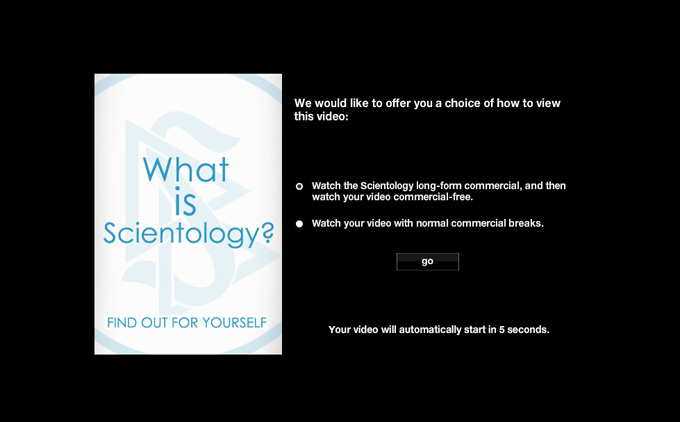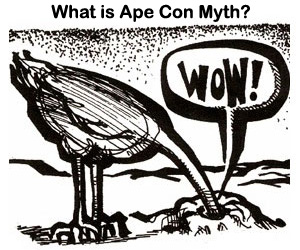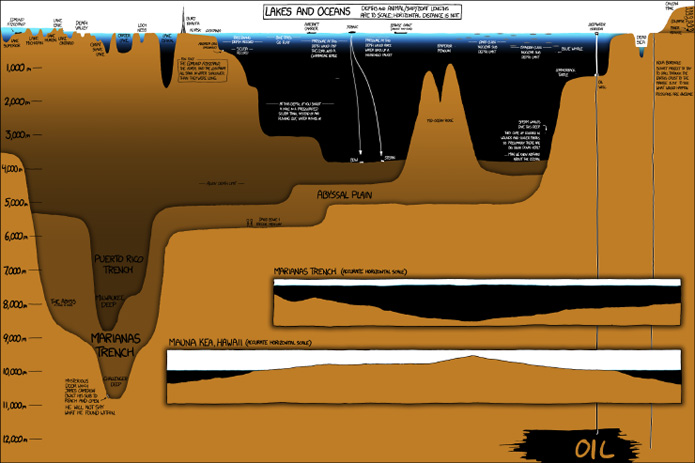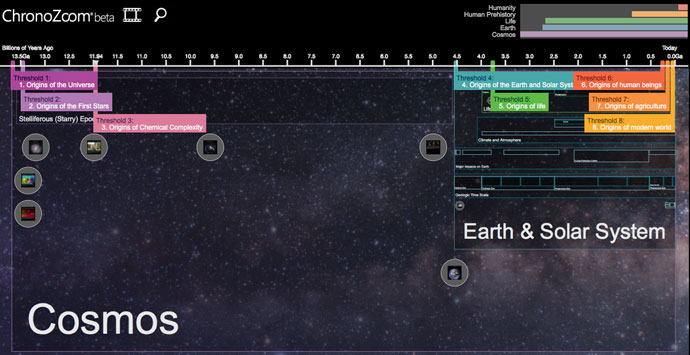If you think you can get lost surfing the internet, try adding another dimension to it by going through old newspapers online. It can be a strange experience looking at a past that is at once so familiar and yet somehow alien. A quarter page might be more than most can handle and a close look at a single ad can send you down the most random of rabbit holes.
Take this ad from the November 27th, 1873 edition of The Weekly Kansas Chief…
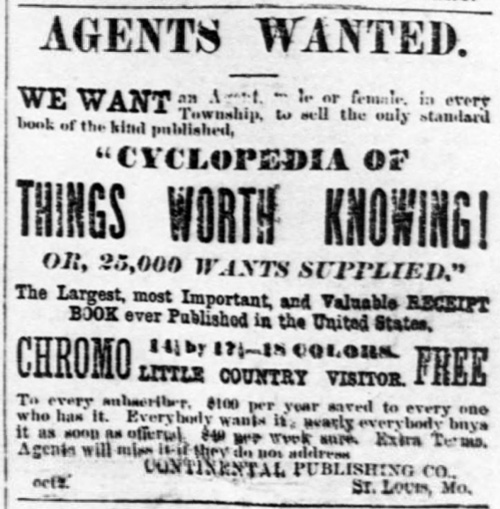
Turns out we’ve been attempting to assemble useful knowledge into a single volume for longer than you’d think. Didn’t they know they were clueless back in 2012 1873?  Yes, as one reviewer on Amazon notes of Joseph Triemens’ Manual of Ready Reference, “the material in this book is out of date”, but that doesn’t mean we still can’t learn something from it. Project Gutenburg has a copy of the 1911 edition you can peruse for free to find out how to keep your canary birds “healthy and in good song”, be reminded that duration of copyright is “fifty-six years in all” or hear that:
the two great apostles of the evolution theory were Charles Darwin and Herbert Spencer. The latter began his great work, the “First Principles of Philosophy,” showing the application of evolution in the facts of life, in 1852. In 1859 appeared Darwin’s “Origin of Species.” The hypothesis of the latter was that different species originated in spontaneous variation, and the survival of the fittest through natural selection and the struggle for existence. This theory was further elaborated and applied by Spencer, Darwin, Huxley, and other writers in Europe and America, and though to-day by no means all the ideas upheld by these early advocates of the theory are still accepted, evolution as a principle is now acknowledged by nearly all scientists. It is taken to be an established fact in nature, a valid induction from man’s knowledge of natural order.
Looks like we need to send a few copies of this one to some people in the present. If you find yourself unearthing some gems from its pages, please share your favorite “Things Worth Knowing” in the comments.
[Image from the Library of Congress’
Chronicling America archive]

